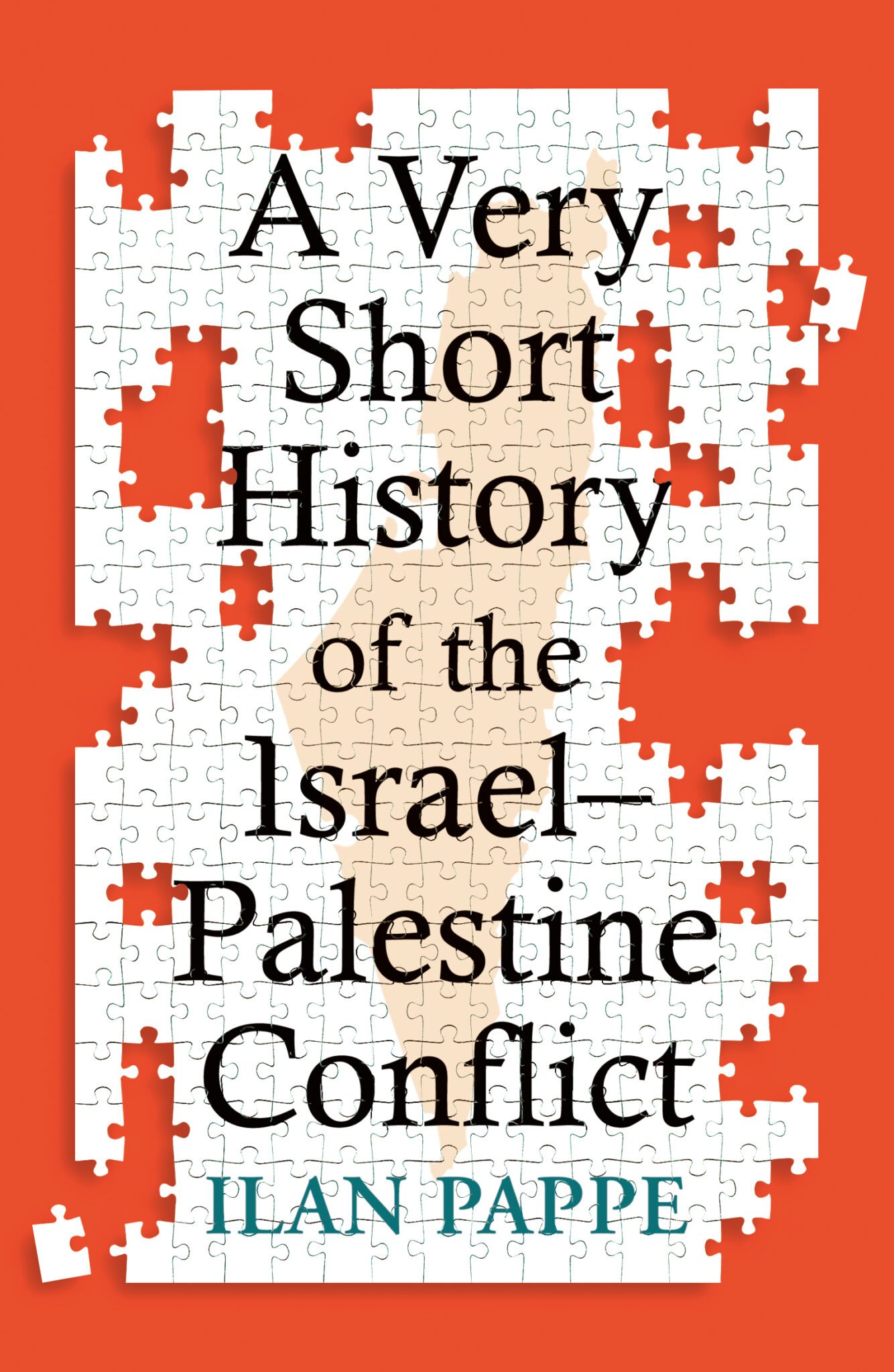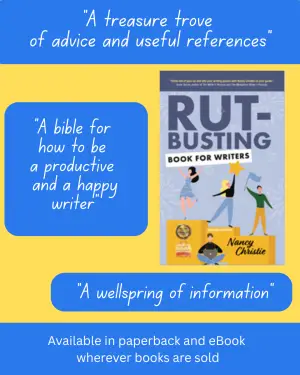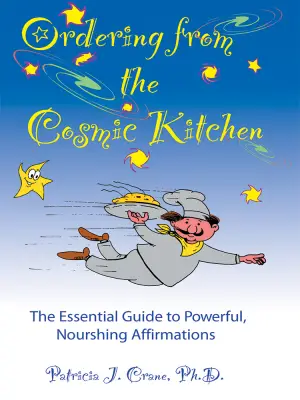A Very Short History of the Israel–Palestine Conflict: A Journey Through Complexity
Ilan Pappe’s A Very Short History of the Israel–Palestine Conflict immediately caught my eye—not just for its compelling title, but for the urgent need to unpack a subject that’s often buried under layers of propaganda and historical distortion. As a reader fascinated by history and social justice, I felt drawn to engage with this concise yet powerful exploration of a longstanding conflict. With only 146 pages, Pappe invites us to see the complex tapestry of human struggle, resilience, and systemic violence that shapes this region.
From the outset, Pappe boldly asserts critical truths about the Israel-Palestine conflict that many would rather ignore. He dismantles the lie that Palestine was an uninhabited land before Zionist settlers arrived, providing a historical backdrop that counters prevalent narratives. The reader is guided through pivotal moments: the British Empire’s complicity in the creation of Israel, the ethnic cleansing of Palestinians, and the ongoing struggle against settler colonialism. These themes resonate deeply, as they highlight not just historical injustices but the continuing impacts that resonate in contemporary socio-political contexts.
One of the standout features of Pappe’s writing is his unflinching clarity. He doesn’t shy away from the harsh realities, often interjecting pointed remarks that provoke genuine contemplation. For instance, his assertion that "Bible stories don’t confer rights to commit genocide and theft of land" underscores a moral dimension that enriches the central narrative. The way he intertwines urgent truths with historical timelines models effective storytelling that is as educational as it is impactful.
Moreover, Pappe’s prose flows smoothly, blending thorough research with accessible language. The pacing is admirable; despite the weighty content, it feels both engaging and digestible. I found his comprehensive timeline particularly enlightening, mapping key events and characters that build a cohesive understanding of the conflict’s multifaceted nature. You can almost feel the tension of each historical moment as you’re invited to situate the personal within the political.
His call for a one-state solution where everyone enjoys equal rights is not just a resolution; it’s a radical reimagining of coexistence. I appreciated this provocative approach, as it challenges readers to rethink entrenched positions and push for a future that prioritizes justice over continuing cycles of oppression.
This book is essential reading for anyone interested in social justice, history, or current events. It serves as a vital entry point for those new to the subject, as well as a thought-provoking piece for seasoned readers who might benefit from a fresh perspective. Engaging with Pappe’s work has left me with a deeper understanding of the harsh realities faced by Palestinians while igniting a sense of urgency to advocate for meaningful change.
In conclusion, A Very Short History of the Israel–Palestine Conflict is not just a book; it’s a call to awareness and action. If you’re curious about the intricacies of the Israel-Palestine dynamic, or simply wish to engage with a nuanced view that demands a more equitable future, this book is for you. As it continues to shape my own understanding, I hope it serves as a catalyst for thoughtful discussions and a drive for justice in your life as well.
[ad_2]
Discover more about A Very Short History of the Israel–Palestine Conflict on GoodReads >>







